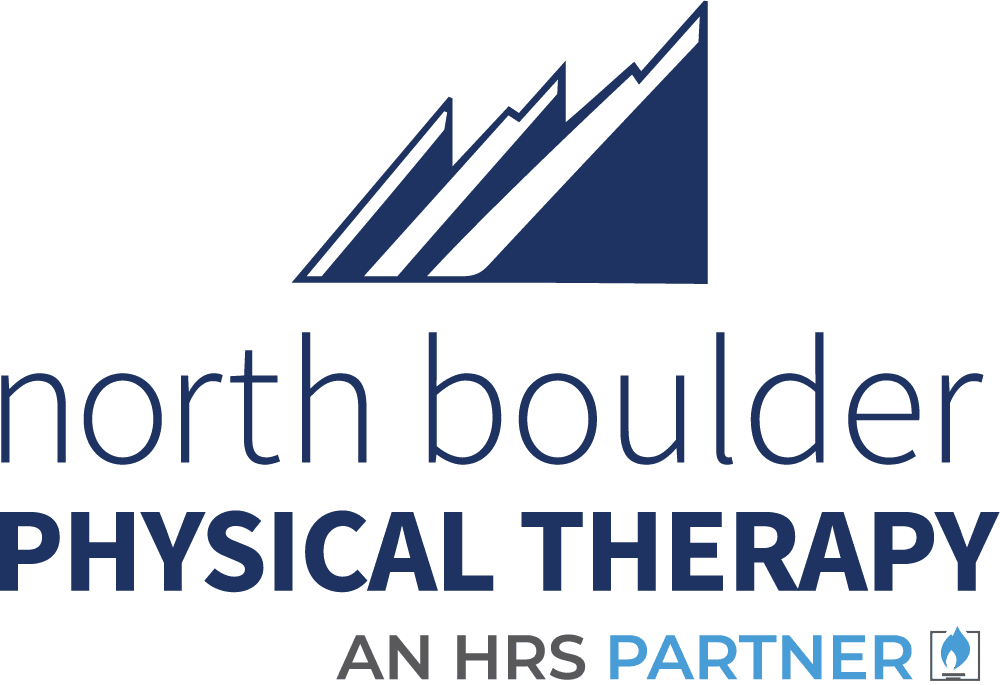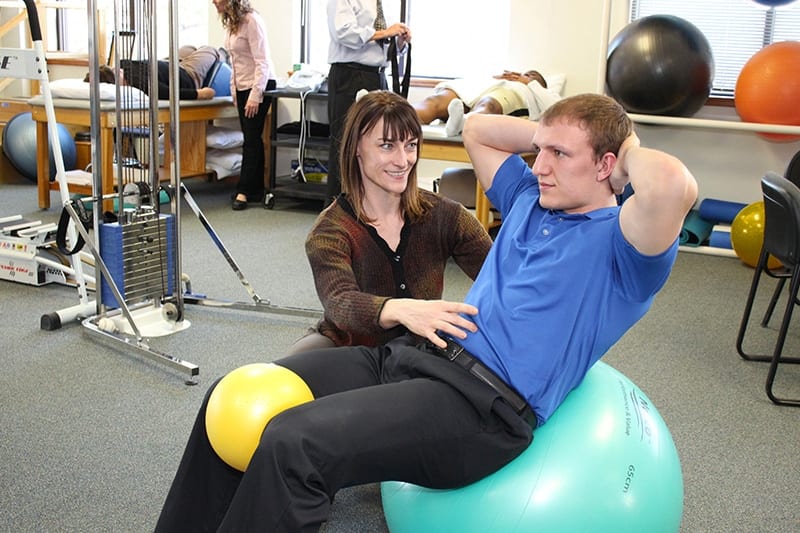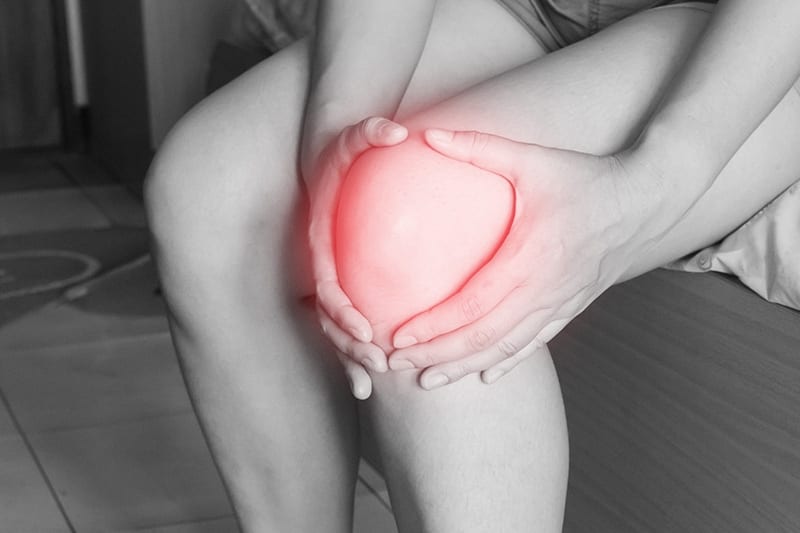 Knowing the early symptoms of Parkinson’s Disease allows our physical therapists at North Boulder Physical Therapy in Golden to begin treatment to help you address the condition. We offer LSVT BIG® therapy which can be personalized to address your needs, areas of deficiency or impairment, as well as the progression and severity of the disease.
Knowing the early symptoms of Parkinson’s Disease allows our physical therapists at North Boulder Physical Therapy in Golden to begin treatment to help you address the condition. We offer LSVT BIG® therapy which can be personalized to address your needs, areas of deficiency or impairment, as well as the progression and severity of the disease.
What is Parkinson’s Disease?
It is a progressive, neurodegenerative disease, caused by the loss of dopamine-producing brain cells. While the exact causes of this disease are not known, they could be the result of genetics and environmental factors.
Most people develop early symptoms of Parkinson’s Disease at 50 years of age or older. But there is what is called Young-Onset Parkinson’s Disease (YOPD) which occurs in people younger than 50 years of age. It affects about 2-10 percent of the one million people with the disease in our country. Parkinson’s-like symptoms can even appear in children and teenagers. This form of the disorder is called Juvenile Parkinsonism and is often associated with specific, Parkinson’s Disease risk genetic mutations.
Stages
Stage One
A patient experiences mild symptoms that typically don’t interfere with daily activities. Tremor and other movement symptoms may occur on one side of the body. Early symptoms of Parkinson’s Disease may also include changes in walking, posture, and facial expressions.
Stage Two
Symptoms worsen. The tremors, rigidity, and other movement symptoms begin to affect both sides of the body. Walking problems and poor posture become more obvious. Daily tasks are more difficult and lengthy but a patient can still live independently.
Stage Three
The patient shows signs of loss of balance and slowness of movements. They may experience falls. Although one can still live independently, things like dressing and eating are difficult.
Stage Four
The symptoms of Parkinson’s Disease are now severe and limiting. The patient can stand without assistance but may need a walker to move. They will need help with daily living activities and that means they can no longer live alone.
Stage Five
This stage is the hardest. The stiffness in a patient’s legs may prevent them from standing or walking. They may need a wheelchair or be bedridden and may need nursing care. This stage may also include hallucinations and delusions.
Symptoms
Because Parkinson’s symptoms gradually worsen over time, they will eventually interfere with everyday tasks. The key is to be aware of early symptoms of Parkinson’s Disease and seek medical help right away. If you think you have more than one of these symptoms you should talk to your doctor about your concerns.
Akinesia or the Inability to Move
People with Parkinson’s may have problems with what they call freezing, which is where it is difficult to walk after stopping. A shift in weight or momentum without the corresponding limb movement can cause falls and lead to injuries. They also might experience Bradykinesia which is a slowness of movement.
Dizziness or Fainting
Another symptom of Parkinson’s Disease is dizziness or fainting, for example, when you get up out of a chair. Feeling dizzy or fainting can also be signs of low blood pressure.
Posture
Another sign is a change in posture, including stooping, leaning or slouching when you stand and a shuffling gate. If you are injured, sick or have problems with your bones it can also cause you to hunch over. Again, a doctor will be able to best diagnose what you’re experiencing.
Depression, Anxiety and Sleep Difficulties
If you have depression, anxiety or restless sleep that may include you jerking around in bed or punching while you are in deep sleep, it could be Parkinson’s. If you begin to fall out of bed after you are asleep or just sudden movements in general during sleep, you should talk to your doctor. This is more than just tossing and turning or the occasional nightmare movements.
Loss of Smell
If you can no longer smell some foods or you have a harder time smelling foods like bananas, dill pickles or licorice, this could be a symptom. It’s different than a change in your sense of smell caused by a cold, flu or a stuffy nose, which will return when you are well.
Trouble Swallowing, Chewing and Speaking
If your voice has changed recently, for example, you now speak with a very soft voice or you sound hoarse, or you have trouble with swallowing and chewing it could be a symptom of Parkinson’s. Voice changes can result from a cold or other virus but when you get well your voice returns to normal.
Masking
People with Parkinson’s Disease are often told they have a serious, depressed or mad look or that they have a blank stare or don’t blink their eyes very often. This serious-looking face is referred to as masking. There are some medications that can also cause this same kind of facial expression but will end after the medicines are no longer used.
Urinary Problems and Constipation
If you notice you frequently have trouble moving your bowels without straining and it is not related to any other health issues, you should pay attention. Not having enough water or fiber, and certain medicines can also cause constipation.
Tremors or Shaking
A common symptom is a slight shaking or tremor in your limbs, fingers, thumb, jaw, hands, chin or lips when you are resting. Sometimes your leg will shake when you sit down or relax. There might be a shaking or twitching of your limbs. Keep in mind that not all shaking points to Parkinson’s Disease. Sometimes it is normal to shake, for example after rigorous exercise or after an injury. Shaking can also be a result of some medicines.
Impaired Balance and Coordination
Another symptom is a rigidity or stiffness in your limbs and trunk. You might notice that your arms don’t swing when you walk or you feel a stiffness or pain in your shoulder or hips. People often report their feet seem stuck to the floor. A lot of people may experience a little stiffness but it goes away after they begin to move. If it doesn’t, it can be a sign of Parkinson’s disease. Also, an arm or shoulder injury or arthritis can also cause stiffness.
Small Handwriting
If you’ve noticed that your handwriting has recently changed that could be a sign. For example, if the letters are smaller or the words are pushed together. Of course, it’s common for some people’s writing to change as they get older if they have stiff fingers or hands or they can’t see as well anymore. But these types of changes will happen over time and not suddenly.
Physical Therapy for Parkinson’s Disease Symptoms
If you have two or more of these symptoms, you should talk to your doctor. But what can you do after a diagnosis of Parkinson’s Disease? While you’re experiencing the early symptoms of Parkinson’s Disease, it’s best to see immediate help to address certain issues. You can work with one of our physical therapists to improve your quality of life.
North Boulder Physical Therapy can help you with balance and vestibular issues caused by Parkinson’s Disease. We offer LSVT BIG therapy. This treatment focuses on increasing the amplitude of limb and body movement through repetitive, core movements that are often used in everyday living.
This therapy is based on the Lee Silverman Voice Technique that was first used for a Parkinson’s focused voice and swallowing therapy called LSVT LOUD. LSVT BIG emphasizes the sensory integration of movement patterns and includes:
- Four one-hour sessions per week across 4 successive weeks – 16 total sessions
- Homework exercises and establishment of a lifelong home exercise regimen
- Improvement in the patient’s gait, speed, balance and overall quality of life
What is LSVT BIG?
Physiotherapy treatment focuses on breaking down each major action (such as walking) into smaller increments that are practiced and eventually integrated to make larger movements. With LSVT BIG therapy, we work on high amplitude, exaggerated movement patterns, leading to smoother, safer motor function and improve your quality of life.
The LSVT BIG therapy was funded by the National Institutes of Health and has been rigorously researched and the treatments developed for over twenty years. Documented improvements in Parkinson’s patients include:
- Faster walking and improved balance
- Bigger step capabilities (versus shuffling)
- Increased ability to rotate the trunk
- Improved mobility in everyday activities
- Improved Unified Parkinson’s Disease Rating Score
Knowing the early symptoms of Parkinson’s Disease can give you a jump on addressing this difficult disease. Our physical therapists at North Boulder Physical Therapy in Golden will begin treatment to help you manage the condition. They will begin with a full assessment of your strengths and challenges, then shape your LSVT BIG treatment to fit your specific goals.
While early treatment provides the best results, LSVT BIG can be an effective treatment for all stages of Parkinson’s Disease, addressing both the gross and fine motor skills. At North Boulder Physical Therapy in Westminster, we have been fully certified to offer this treatment option for Parkinson’s Disease patients. To schedule an appointment please call us today.



